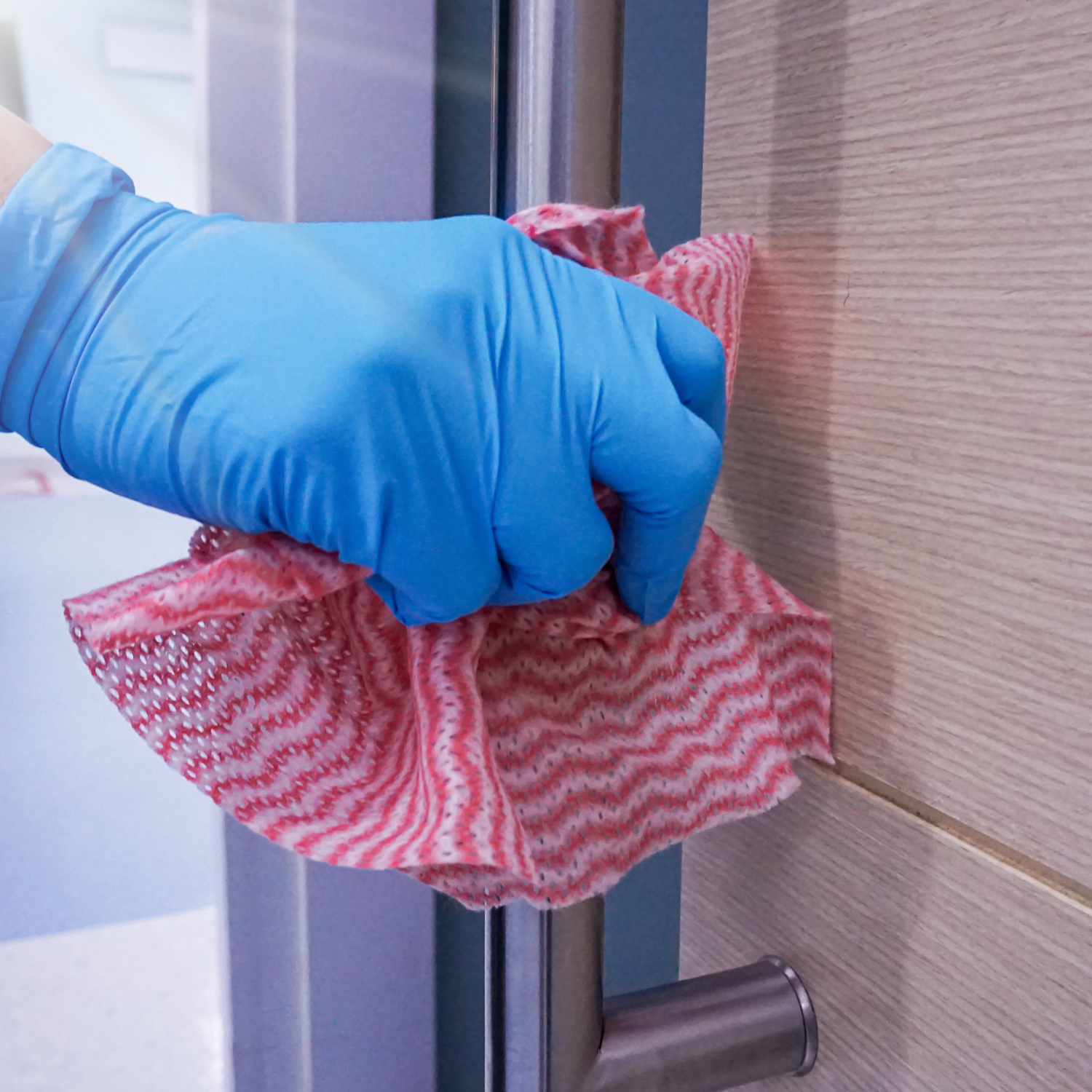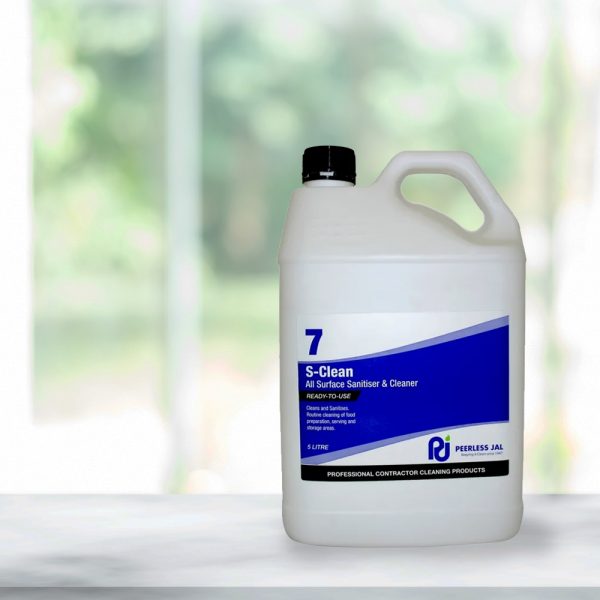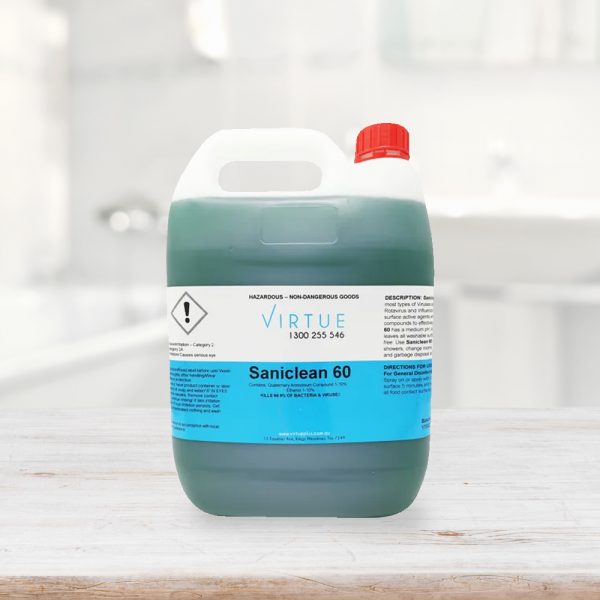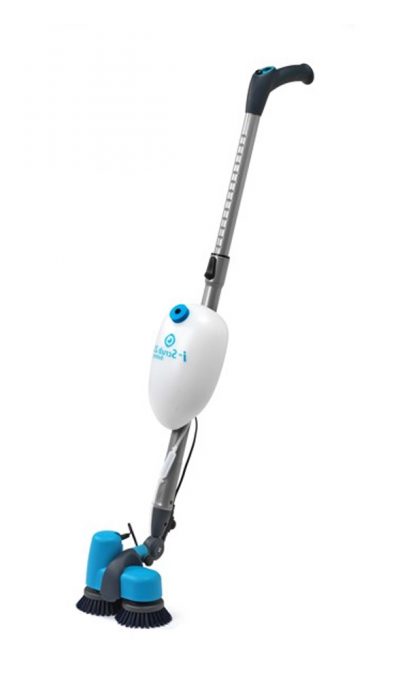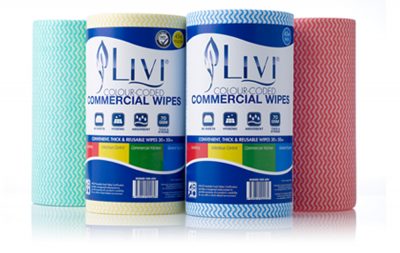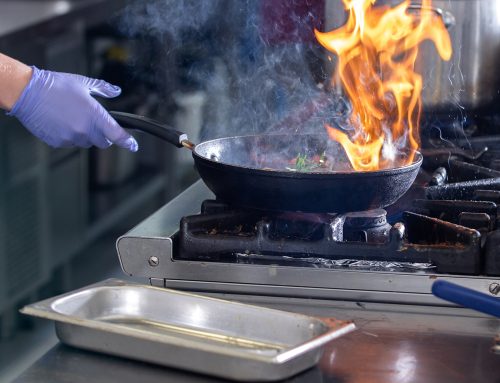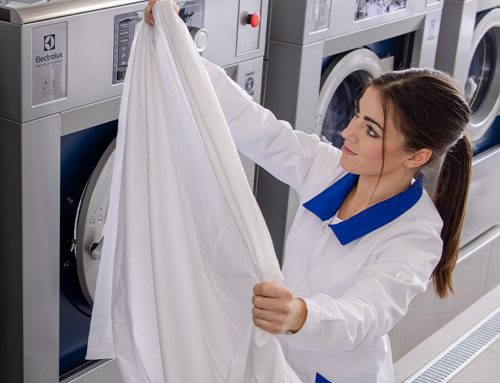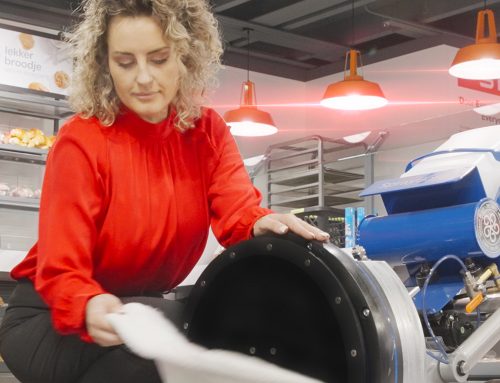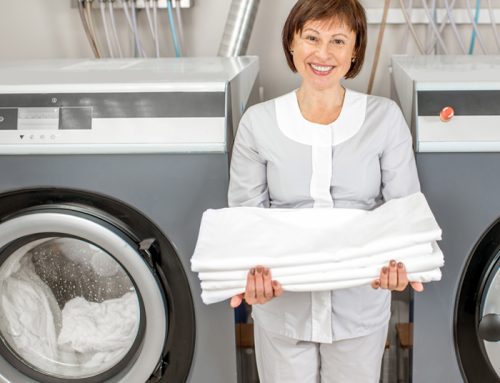Sanitation experts warn of risks to businesses that fail to upgrade their cleaning during covid-19
A leading anti-viral cleaning specialist has warned that the health and litigation risks are high for essential work places who fail to upgrade their cleaning practices during the covid-19 pandemic.
Work places including factories, depots, medical clinics and other essential businesses are urged to upgrade their cleaning practices.
“Organisations need to understand the importance of ensuring that the right equipment, deep cleaning processes, and higher grade chemical are used. The right clean should be a major contributor to containing the coronavirus.” – Macqueen said.
Many organisations are unaware of the differences between a regular clean and an anti-viral clean. Here are eight recommendations for an anti-viral clean to reduce the risks of Covid-19 being spread.
1. Use hospital-grade cleaning chemicals and disinfectants.
Hospital-grade disinfectants are certified and contain at least 70% ethanol or cationic, nonionic, or amphoteric surfactants. These compounds are used for their ability to lower the surface tension of water and cut through the virus, while still being environmentally friendly.
Try S-Clean for kitchen areas! A ready to use surface sanitiser and cleaner that is effective in reducing bacteria. Ideal for cleaning and sanitising things such as refrigerators, tables, chairs and food preparation areas. (Code: 1031460)
Try Saniclean60!
Try Saniclean60 for washrooms, toilets, showers, sinks, drains and disposal areas. Formulated to kill 99.9% of bacteria and viruses, in five minutes! Saniclean60 has a medium pH, and is safe to use on washable surfaces, leaving them clean and streak free! (Code: 054316)
2. Upgrade regular cleaning to include shared touchpoints.
A touchpoint clean includes wiping down more than general surfaces, but rather taking it a step further and wiping down door handles, remotes, taps, microwaves, fridges, coffee machines and anything used in high-traffic areas.
3. Cleaning personal work spaces.
Encourage employees to clean their personal work spaces, including pens, all desk areas, chairs and laptops.
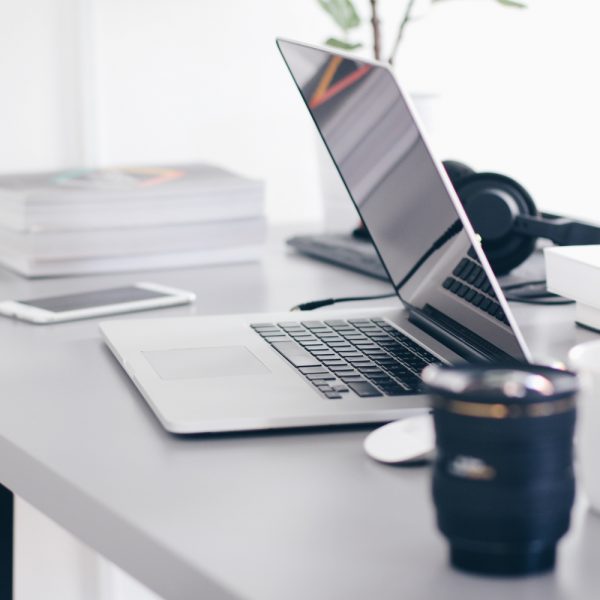
4. A pandemic clean!
This is essential if you have a confirmed case of Covid-19 in the work space.
A pandemic clean includes cleaning all of the walls, ceilings and floor areas with hospital grade cleaning chemicals and disinfectants. To avoid transmitting any bacteria to other locations, protective wear should be worn during the pandemic clean. And all cleaning equipment used should be washed after each cleaning.
Wear gloves and microguard coveralls for protection while cleaning.
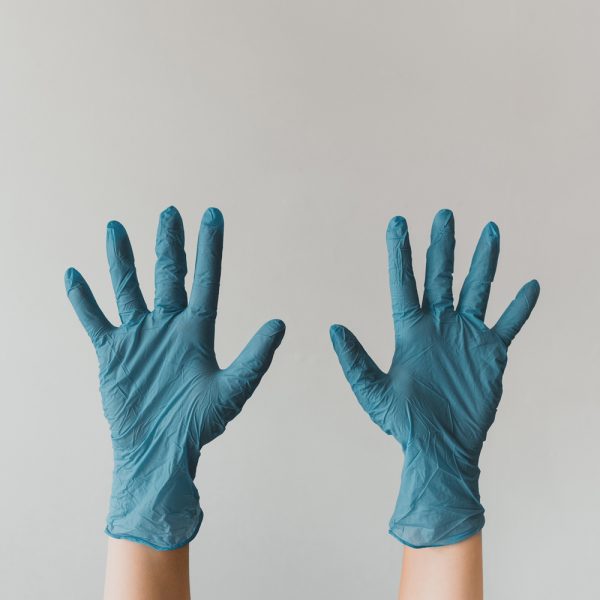
5. ATP swab tests.
If required, do an adenosine triphosphate (ATP) swab test of the affected area, such as the desk of known employee that has contracted Covid-19. If a swab test reads above 10, then another pandemic grade clean will be required. ATP swab tests are so effective in detecting micro-organisms that they are used in hospital operating theatres.
6. Heavy-Duty Equipment!
A chemical fogger is a spray that ensures strong disinfectant is able to get into nooks that can’t be reached by hand. Vacuum cleaners with HVACs area ideal as the virus can’t be spewed back into a room. Electronic floor scrubbers are ideal for tiled areas.
Try the i-scrub cleaner for floors, featuring double disc action and the flexibility to even scrub areas in a vertical position! (Code: 121031)
7. Isolate cleaning materials.
Avoid cross-contamination between cleaning materials by using colour coding with wipes, mops and buckets. Consider Livi premium cleaning wipes and roller mop buckets to keep colour coding under control!
8. Take your time!
For a regular clean, a 300sqm space takes one person about two hours. Cleaning during Covid-19 for 300sqm could take up to six hours.
The information within this blog post has been sourced from incleanmag.

